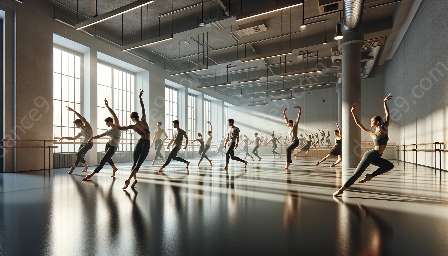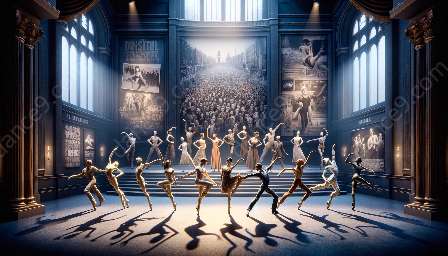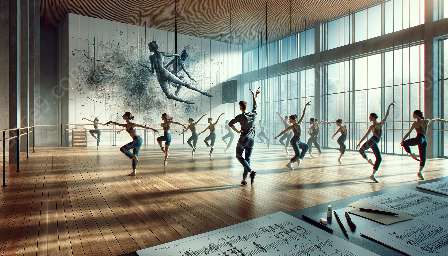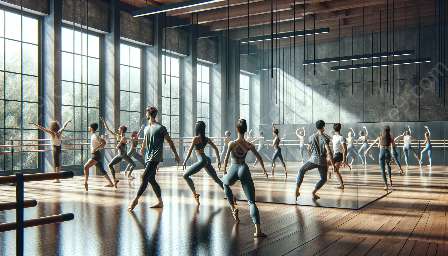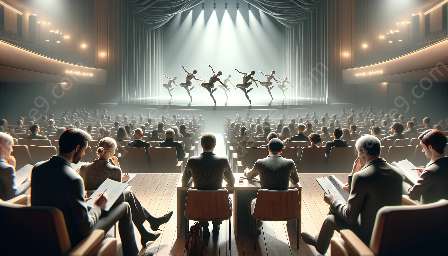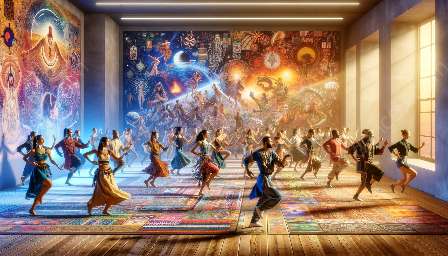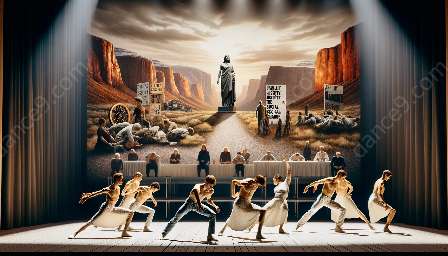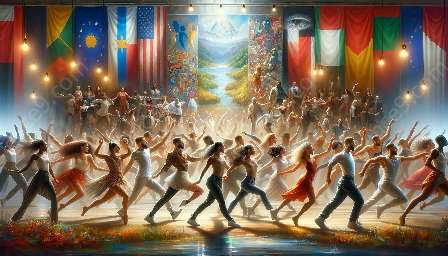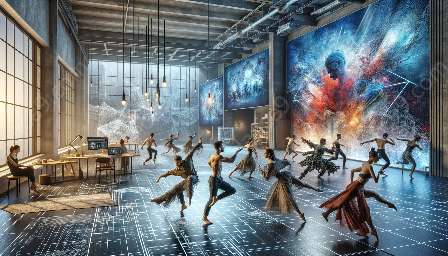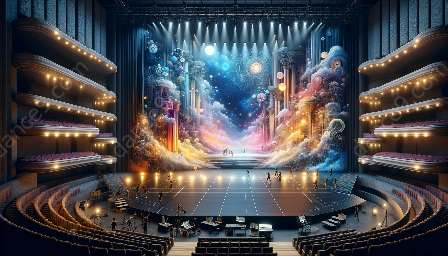Contemporary dance is not only a form of artistic expression but also a platform for ethical exploration. This article will delve into the ways contemporary dance intersects with various ethical theories and philosophies.
Ethics in Contemporary Dance
Contemporary dance is deeply rooted in the exploration of ethical concepts. The movement, choreography, and themes within contemporary dance often challenge societal norms, fostering discussions about morality, justice, and human rights.
Artistic Expression and Ethical Values
Contemporary dance serves as a medium for artists to express their ethical concerns and beliefs. Through movement and choreography, dancers embody and explore various ethical values such as empathy, compassion, and social justice. The art form becomes a reflection of the ethical dilemmas and moral stances prevalent in society.
Intersection with Ethical Theories
Contemporary dance intersects with ethical theories in multifaceted ways. Utilitarianism, Kantian ethics, virtue ethics, and feminist ethics are just a few of the ethical frameworks that resonate within the realm of contemporary dance.
Utilitarianism
In contemporary dance, the pursuit of the greatest good for the greatest number often manifests in choreographic narratives addressing social issues and injustices. The art form becomes a vehicle for highlighting the consequences of actions and societal structures on individuals and communities.
Kantian Ethics
Contemporary dance challenges traditional notions of autonomy and human dignity, aligning with Kantian ethics. This form of artistic expression often provokes introspection about the moral worth of individuals and the significance of personal agency.
Virtue Ethics
Through the embodiment of character traits and moral virtues in movement, contemporary dance engages with virtue ethics. Dancers and choreographers may seek to cultivate and portray virtuous qualities, prompting contemplation on the nature of excellence and ethical character.
Feminist Ethics
Contemporary dance frequently embraces feminist ethics by giving voice to marginalized perspectives and critiquing power imbalances. The art form acts as a platform for advocating gender equality, challenging traditional gender roles, and promoting inclusivity.
Philosophical Reflections in Dance
Contemporary dance encourages philosophical reflections on ethical issues such as identity, freedom, and social responsibility. The embodied nature of dance allows for a visceral and emotive exploration of these concepts, provoking deep contemplation and dialogue.
Ethical Dilemmas in Choreography
Choreographers often encounter ethical dilemmas in the creation of performances, grappling with questions of representation, cultural appropriation, and the impact of their work on audiences. These considerations shape the ethical landscape of contemporary dance and contribute to ongoing ethical discourse within the dance community.
Conclusion
Contemporary dance serves as a powerful conduit for ethical exploration and reflection. By intersecting with various ethical theories and philosophies, it challenges societal norms, fosters ethical deliberation, and cultivates empathy and understanding. The art form embodies the ethical complexities of the human experience and invites audiences to engage with moral questions in a profoundly impactful way.


